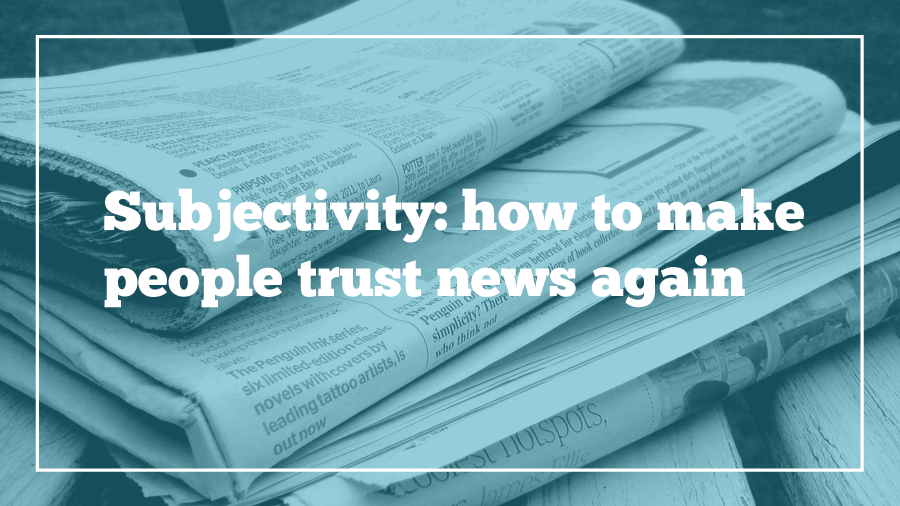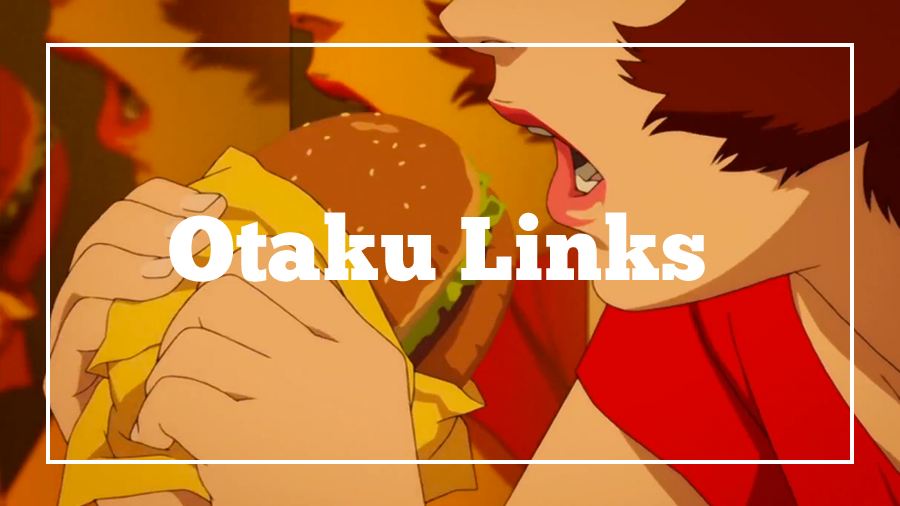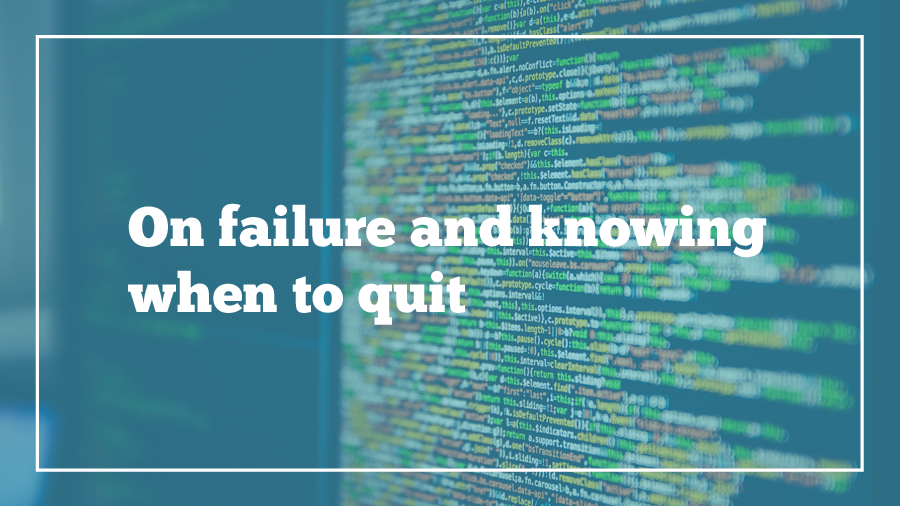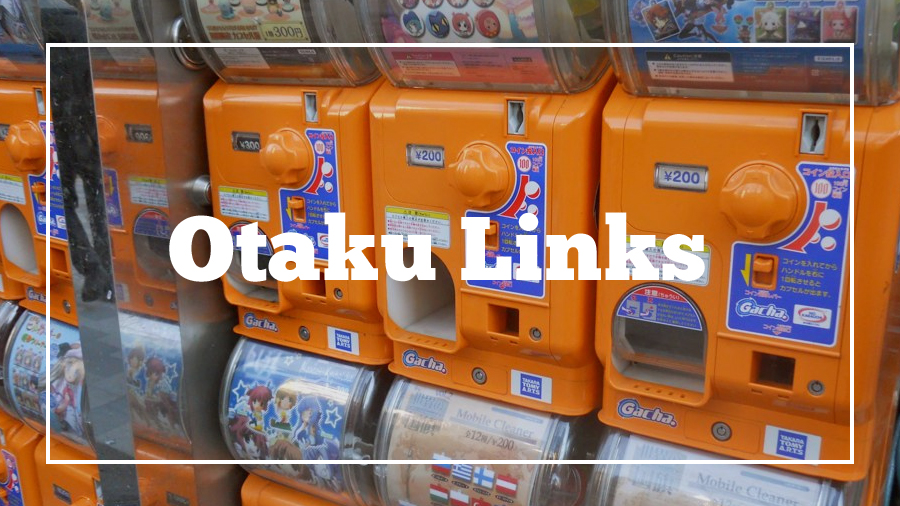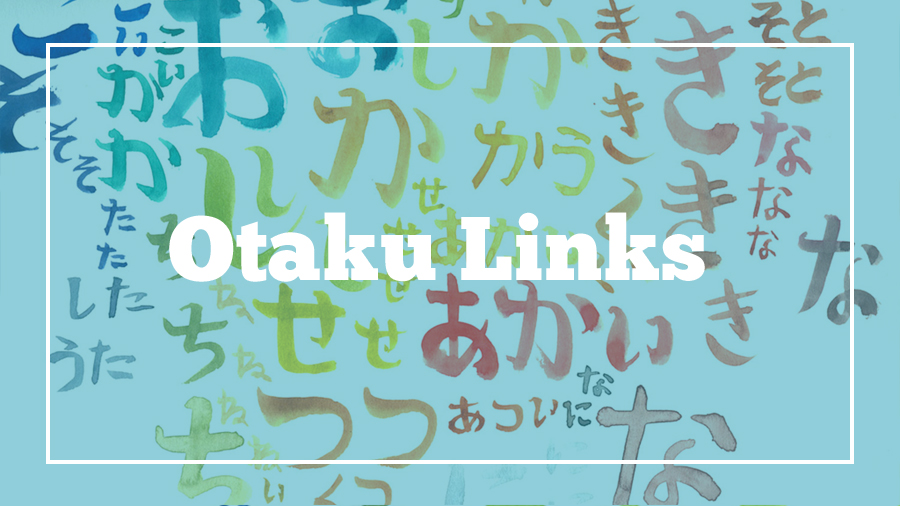
- Manga translator Zack Davisson has won multiple Eisner awards, despite only starting to learn Japanese (in earnest) at age 30! If you want to learn, now’s not too late to start.
- Also, Duolingo FINALLY offers Japanese now. iOS now, and Android in a week or two. At Forbes, I interviewed the engineers about why the heck it took so long.
- How lesbian activists helped give birth to yuri manga. Erica Friedman has such a wealth of knowledge about this stuff, I really hope she writes a book.
- “Let’s dispel some common misunderstandings in anime!!” Miles’ Twitter account is always gold, but this thread is a must-read for every anime fan.
- Chic Pixel has a Teepublic store now, and the designs are anime-inspired and cute. These days it’s super easy to make a shirt store and I think more people should do it. I have one for Gunpla 101, and they do every part from printing to packaging in exchange for half the fee. I usually forget I even sell t-shirts until I get a check.
- I love themed food for geek parties, and I love these rations for various role-playing game races. They all look good somehow, from lizardfolk to drow to halfling food.
- Crunchyroll’s most-watched spring anime by state. United States of Titan, looks like!
Illustration by Robert Syrett.

